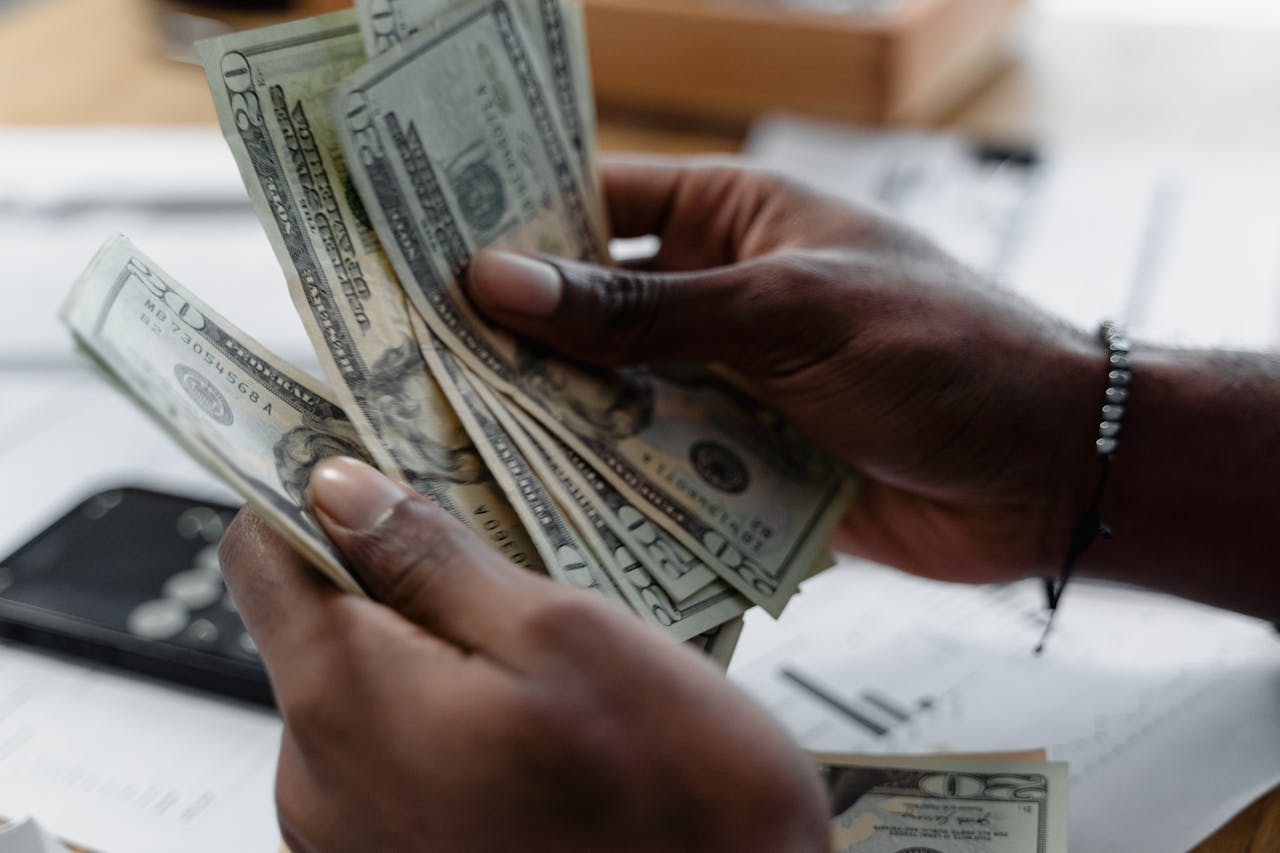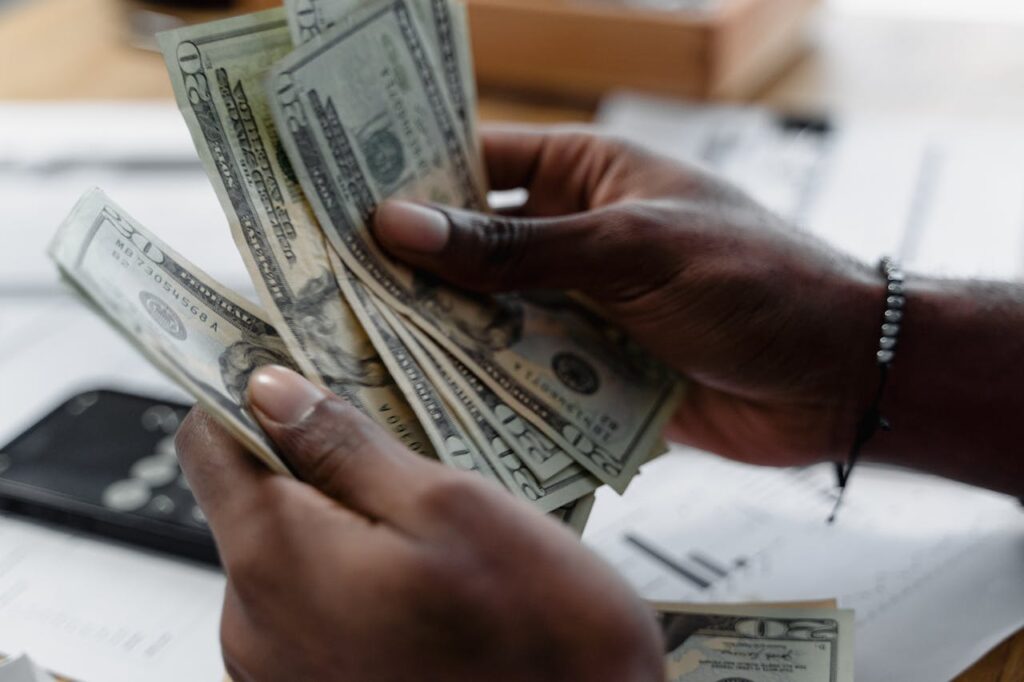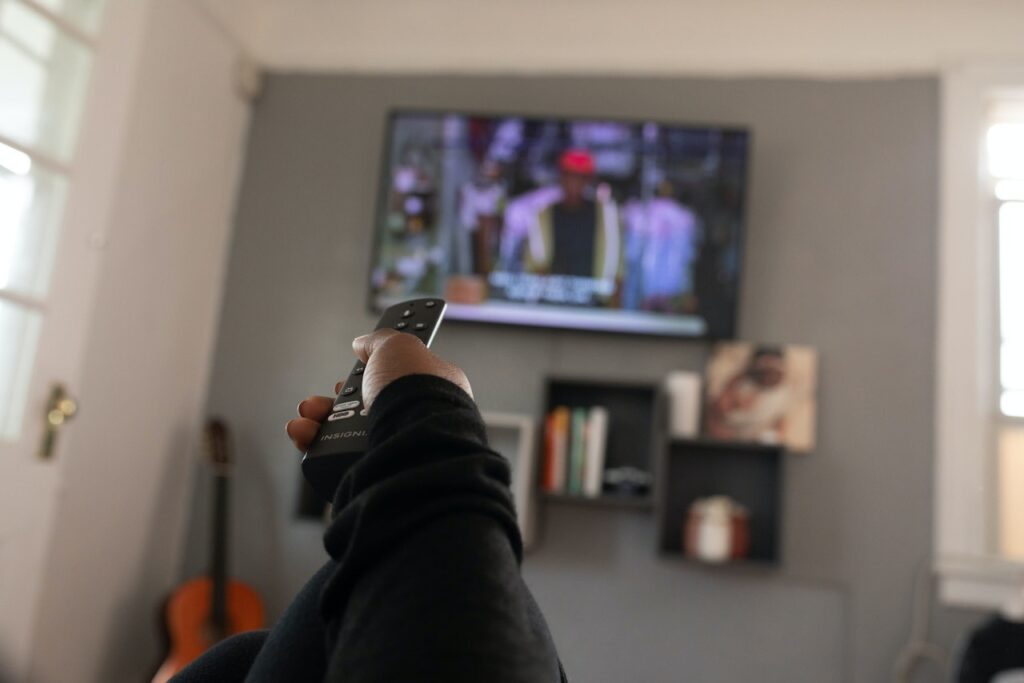
June 24, 2025
The latest U.S. Census Bureau estimates the median household income in 2023 was a little over $80,000.
A new survey reveals an increasing number of Americans are concerned about their financial situation. Nearly half, or 45%, of adults surveyed in Bankrate’s Financial Freedom study reported that they need to earn $100,000 or more per year to feel financially secure. Approximately one-quarter, 26%, said they need to earn $150,000 or more. Fewer, 16%, said they need to make over $200,000.
Meanwhile, the latest U.S. Census Bureau estimates the median household income in 2023 was a little over $80,000. As inflation continues to rise and economic uncertainty increases, more Americans are feeling uncomfortable financially. Bankrate’s survey shows that the number of those who feel economically insecure rose to 77% in 2025, up from 75% in 2024 and 72% in 2023.
“One major issue is that wages have been stagnant for a large majority of the population over that time, and prices continue to rise,” Carolyn McClanahan, a certified financial planner and founder of Life Planning Partners in Jacksonville, Florida, told CNBC. “Add that to the backdrop of political instability everyone is feeling, and I think that is a perfect formula for people not feeling financially secure.”
Factors Driving Financial Insecurity
According to Experian, financial security is defined as a state of well-being that involves being able to afford one’s expenses without stress. You don’t experience constant worry about money when you’re financially secure.
Financial security is characterized by spending less than you earn and having sufficient savings to cover emergencies. There’s a feeling of being in control of your overall finances when you’re financially secure.
However, as CNBC reports, household expenses are driving the increased feelings of financial insecurity. Child-care expenses are rising, higher mortgage rates and rent costs are rising, and student loan payments are resuming.
For many Americans, the American Dream is deteriorating, which has been the case for over a decade.
“It starts long before the pandemic,” said Sarah Foster, an economic analyst for Bankrate. “There has long been this perception that we used to be in this golden age where you could own a home, a car, and get by on a single income — that is a bygone era.”
While many people are feeling uncertain about their financial futures, things are much worse for Black Americans. A study by the Massachusetts Mutual Life Insurance Company found that 45% of African Americans who make $75,000 or more per year still feel more financially insecure than people of other races.
RELATED CONTENT: Social Security Projected To Run Out of Money By 2034





